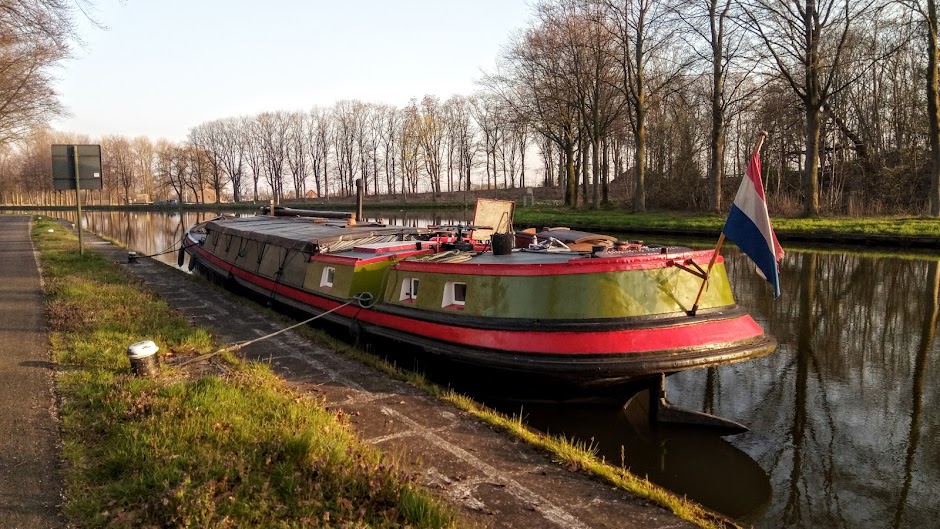I won't say more about it here as the reviews I am posting will speak for themselves.
1. From Peter Davey:
"I loved this delightful, funny and beautifully observed novel, as
much as anything, because it reminded me so powerfully of my own childhood and
the farm on which I was born and raised. That said, its appeal is universal,
extending even to those with no country blood in their veins at all. It
describes the adventures (and misadventures) of sassy, enterprising Maisie
Patterson who, fresh from university and ready to conquer the world (and, of
course, jobless) is reluctantly persuaded by her highly eccentric mother to
help her revive their ramshackle 20 acre farm in darkest Dorset.
Maisie’s romantic and rather naive notions of farming (in particular
the rearing of sheep for the spinning and knitting of wool) are very soon
knocked out of her by the series of practical, economic and emotional
challenges involved in getting any business off the ground. Nonetheless, with
the grit and determination underlying her disarmingly dotty personality and
with the help of her more savvy college friend Jeanie, she battles on
regardless, encountering romantic entanglements and complications along the way
in the form of lovable but rather ineffectual Simon and hunky auctioneer Alan
Reed.
Every character, even the most minor, is superbly drawn – especially
Maisie’s “Ma” who thinks nothing of tackling farmyard chores in a ball gown or
wedding dress, stripping down to her voluminous petticoats whenever the work
gets sweaty. The author intimately understands the complex and often contrary
nature not only of humans but of animals – for example, Maisie’s first ewe,
Emily, whom she drives home from market stuffed in the back of her Renault 4
with her horns poking through the sunroof; or Wellington, the ever-obliging
ram; or Miss Gee, the formidable “guard-dog” goose.
Valerie Poore writes in a
gentle, leisurely and unpretentious style which makes a delightful change from
the jangly, self-conscious and “in your face” nature of much modern writing.
She is so in command of her subject that you can almost smell the straw and
dung and newborn lambs, and feel the sunshine on your face as it breaks through
the early morning mist. Her descriptions of the English countryside are
wonderful and lyrical yet she never for a moment glamorises the exhausting,
stressful and sometimes heartbreaking profession of “real” farming. She knows
too well what it’s like. This is the work of an author who has lived right
under the skin of the landscape and knows it in every mood and in every season,
not the rose-tinted observations of someone driving through it in a comfortable
car. Yet the novel is always upbeat and life-affirming – infused throughout
with a wry and exuberant humour and wonderfully free of nastiness or cynicism.
It
is also highly informative. How many readers knew how to livestock-proof 20
acres of land before reading this? Or how to bid for a ewe at auction and get
her at the price they can afford? I certainly didn’t, despite coming from a
farming background. Valerie Poore effortlessly imparts her encyclopaedic
knowledge of all the cycles of the farming year and makes learning about them a
delight.
Although this novel has echoes of some of those wonderful but now
sadly neglected English authors like Adrian Bell, Henry Williamson and H. J.
Massingham, it is entirely unique and original. In a world where so much
writing is just jumping on a bandwagon or imitating something else, this stands
alone. It has that quality of all great literature which is not so much to tell
a story as to transport the reader into another world and I can thoroughly
recommend getting lost in this beautiful, if somewhat zany, world for a while.
If I could give it more than five stars, I would."
2. From Jan Ruth:
"One of the best narrative beginnings I’ve read in a long while!
I’m
always wary when books are recommended as funny, but this one really is.
A
lovely romp through rural England in the seventies, this story is genuinely
both amusing and gently compelling. It was refreshing to read a book which
doesn’t rely on sex, violence, or over-written drama.
Overall it reminded me of
the James Herriot stories, that wonderful cocktail of English eccentricity –
especially Ma IN her cocktail dresses – and the menagerie of animals, some
compliant, others less so...
A lovely light read, well written and
presented."
3. From String:
"Such a gem of a book, with humorous, riveting writing; an engaging
story of Dorset and the attempt to live a country life, with apt descriptions
of a countryside that I called home for five years. An unabashed love of
animals and the desire, toils and tribulations of creating a self-sustaining
lifestyle brings focus and illumination to a very pleasant read. Dorset,
people, in my experience can be eccentric and this book not only highlights
this, but also the intelligence and companionship of some interesting and quite
clever animals. Above all, I like Val's writing style and her use of
description to highlight and share with the reader a lovely part of the
world."


Love it! thanks for sharing!
ReplyDeleteThank you for commenting :)
Delete